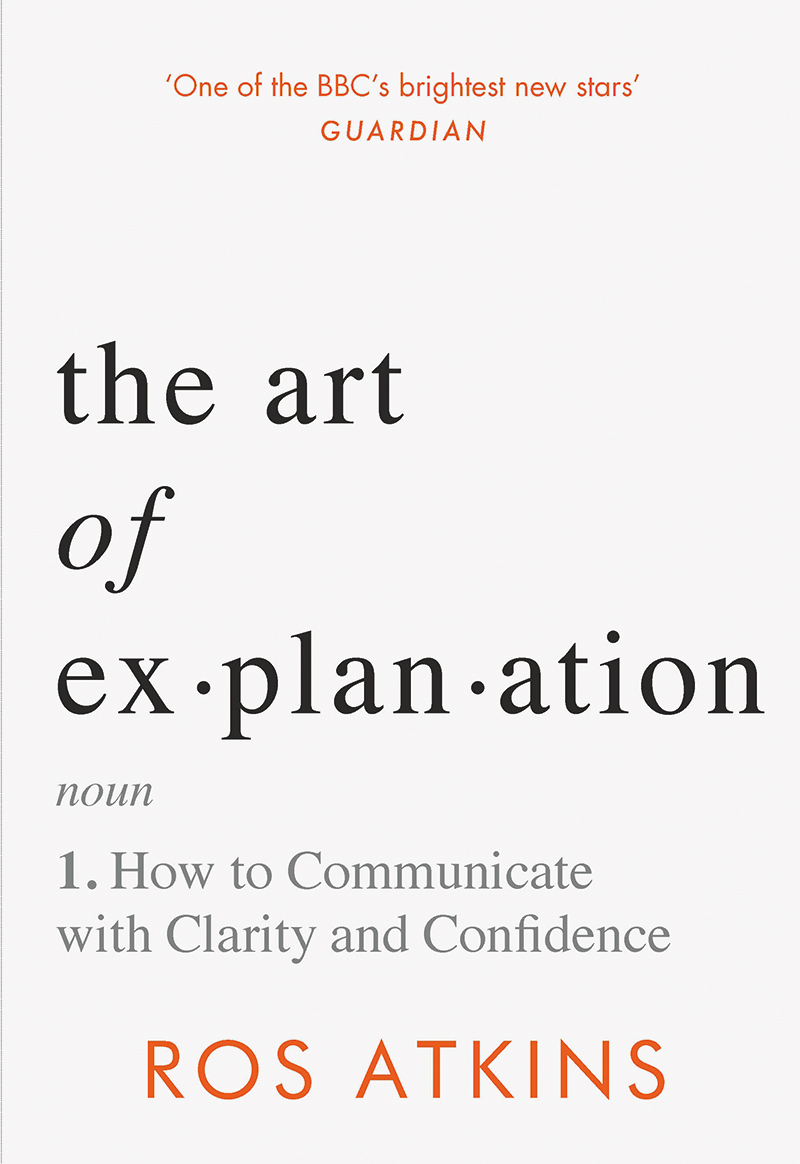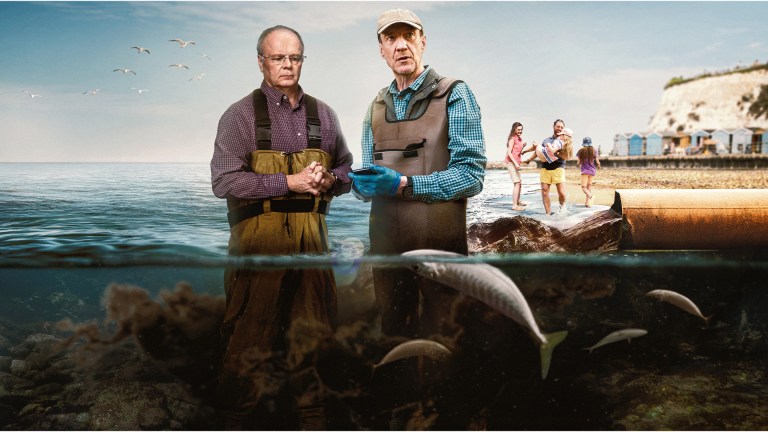How can people cut through when there is complete and constant information overload?
There’s no doubt that we are exposed to more information than we might once have been. There’s more information around us at any point than we can possibly consume. And so, we have to accept that we are communicating in an exceptionally competitive environment. When someone gives us the information that we were hoping for in as consumable a form as possible, that’s welcome. If you can communicate in a way that’s relevant and engaging and speedy to consume, the people you’re communicating with are likely to be glad of that.
Does that explain the success of your videos? How did they develop?
I felt like there was an appetite for videos which distilled the essential information on any subject into a relatively short period of time and delivered that in what I felt would be an engaging way. And that were also reasonably blunt about what was true and what wasn’t true. We started in late 2019 and quite quickly they started to be quite heavily shared. The more that they went viral, the more people were looking to us to explain the next complicated issue or story and so it builds video by video.
With so much information, do people find it difficult to identify what information to trust?
I would hope that the reason people are sharing them is because they have come to trust me and my brilliant producers, and also trust the BBC to produce this kind of product. To earn people’s trust, I don’t just expect them to trust the contents of the video because it’s coming from me or because it’s coming from the BBC, though I hope those two things would be true. I provide evidence within the videos for everything I’m saying. The appetite to understand our world has always been there and is still there for the majority of people. However, because of the volume of information swirling around certain issues, getting a better understanding of our world can sometimes feel difficult.
Advertising helps fund Big Issue’s mission to end poverty
You say that to explain efficiently we should strip out unnecessary information. But don’t you risk losing some of the context and colour and human interest?
That’s a judgement you have to make. If you are communicating with people, every single time you pass on an additional piece of information, you are asking more of that person. And if you have, for example, 10 pieces of information but really three points are the ones that matter the most, you risk the three not having the best chance of being communicated effectively. That isn’t to say that every last piece of information needs to be jettisoned. But I do think you need to be aware of the risks of including information that is interesting, but not essential.
Is it worth making the effort to explain things when people in their echo chambers seem more unwilling to change their minds?
What I’m making the case for is the benefit of stopping to think about what it is that we want to explain. What are the questions about this subject that the person we’re communicating with might have? What are the reservations or doubts? If you can think through how best to calibrate the information you have to address those questions, it’s not going to guarantee that you change anyone’s mind but the chances of that go up a great deal.
You studied history at university. Are we having a communication crisis unique to our age or do these issues always exist in varying forms?
The act of communicating is woven into the fabric of any human experience. And how we communicate is always going to be, to some degree, ineffective. We are human beings, we’re not machines. And so, every time we collect information and pass it on to someone else, that is going to be inevitably an imprecise process.
Advertising helps fund Big Issue’s mission to end poverty
What essential information on the subject have we not covered?
I think the thing I would like to get across with regards to the book is that sometimes there are examples in our lives where it’s quite obvious that some preparation on how we’re going to communicate would be a good idea. A job interview, a big presentation at a conference. But being conscious of and preparing for big moments isn’t where it stops. Every single day is full of moments where we are communicating and how well we communicate has a demonstrable impact on what happens after those interactions. Taking even 30 seconds to stop and think about what am I trying to communicate? Who am I communicating with? What would they like to know? What would I like to know from them? Quickly going through some of these questions before sending an email or going into a meeting can be transformative.
The Art of Explanation by Ros Atkins is out on 14 September (Wildfire, £20).
You can buy it from The Big Issue shop on Bookshop.org, which helps to support The Big Issue and independent bookshops.
This article is taken from The Big Issue magazine, which exists to give homeless, long-term unemployed and marginalised people the opportunity to earn an income. To support our work buy a copy!
If you cannot reach your local vendor, you can still click HERE to subscribe to The Big Issue today or give a gift subscription to a friend or family member. You can also purchase one-off issues from The Big Issue Shop or The Big Issue app, available now from the App Store or Google Play
Advertising helps fund Big Issue’s mission to end poverty










